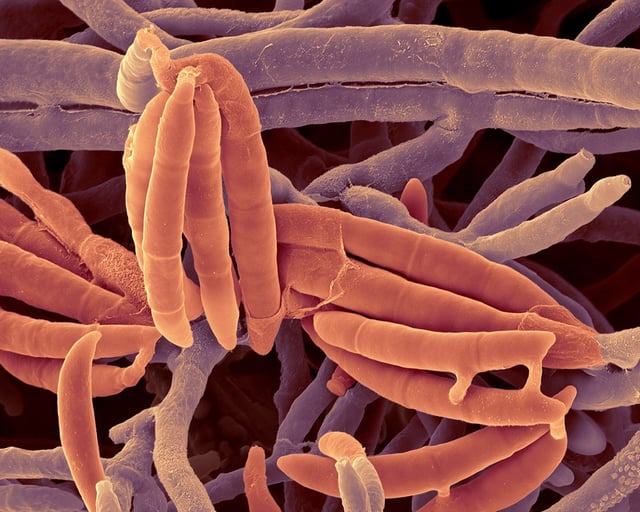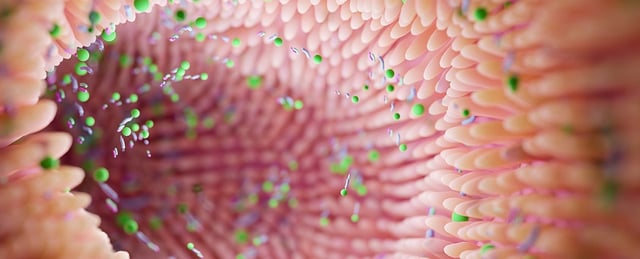Overview
- A study published in *Science* shows that the gut fungus Fusarium foetens improves liver health and reverses symptoms of metabolic dysfunction-associated steatohepatitis (MASH) in mice.
- The metabolite FF-C1, produced by F. foetens, inhibits the enzyme Ceramide Synthase 6 (CerS6), reducing harmful ceramide levels linked to liver disease.
- Researchers developed a novel fungal isolation platform, FiChips, to culture 161 gut fungal species, including F. foetens, which adapts to low-oxygen environments in the gut.
- Mice treated with F. foetens demonstrated reduced liver inflammation, fibrosis, and triglyceride levels compared to untreated counterparts.
- With MASH affecting nearly one-third of adults globally, researchers are now preparing for human trials to evaluate the potential of FF-C1 as a therapeutic option.

